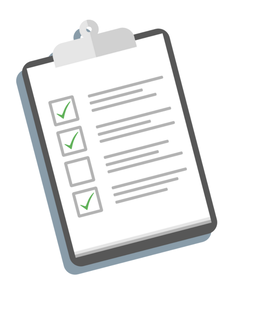|
Needs Assessment
|
Time Assessment
|
The health care industry refers to two measures of individual ability to help family members and providers determine an individual's level of independence
The first measure is called Activities of Daily Living. The Activities of Daily Living (ADLs) are basic activities performed by individuals on a daily basis necessary for independent living at home or in the community.
- Personal Hygiene - bathing, grooming, and oral care
- Dressing - the ability to make appropriate clothing decisions and to physically dress oneself
- Eating - the ability to feed oneself, though not necessarily to prepare meals
- Maintaining Continence - includes the mental and physical ability to use the restroom
- Transferring - moving from seated to standing positions as well as getting into and out of bed
The second measure of individual ability is called Instrumental Activities of Daily Living. The Instrumental Activities of Daily Living (IADLs) are actions that contribute to living independently but are not necessarily required activities on a daily basis. They include:
- Basic communication skills - like using the telephone
- Transportation - driving, arranging a ride, or using public transportation
- Meal preparation - planning, cooking, and the safe use of kitchen equipment
- Housework - laundry, bed making, kitchen clean-up
- Managing medications - remembering to take correct dosages and requesting re-fills
- Shopping - making appropriate clothing and food purchases and using currency correctly
- Managing personal finances - working with a personal budget and paying bills



